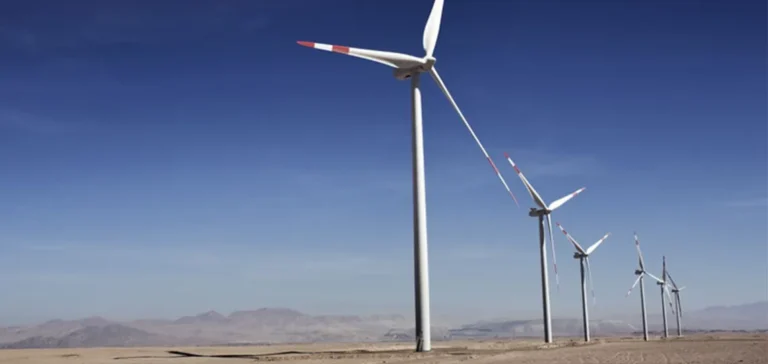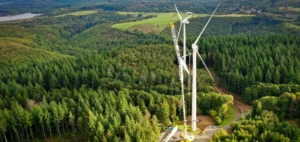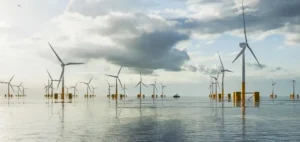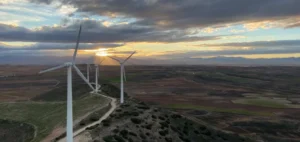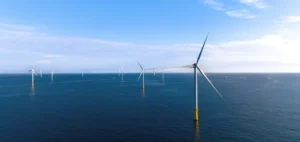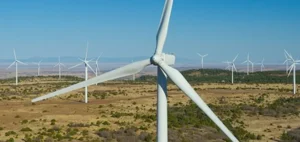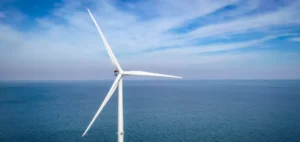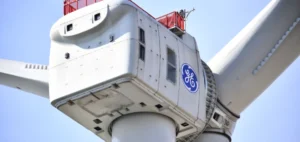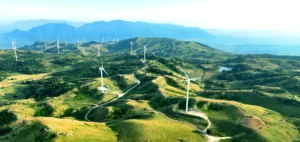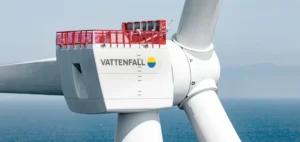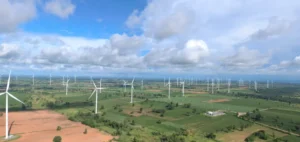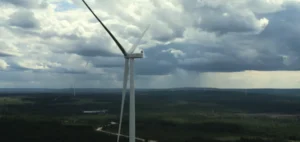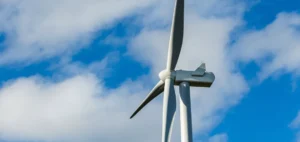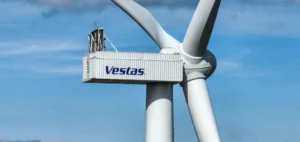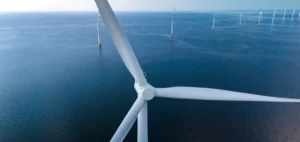Ecopetrol S.A. announced the acquisition of all shares of Wind Autogeneración S.A.S., owner of the Windpeshi wind project. This operation was approved in December 2024 by the Colombian oil company’s Board of Directors and recently completed after meeting necessary regulatory and antitrust requirements. Wind Autogeneración was previously owned by Enel S.A.S., the Colombian subsidiary of the Italian energy group Enel. This purchase aligns with Ecopetrol’s overall strategy to diversify its energy supply by integrating renewable sources into its self-consumption portfolio.
Construction restart by end of 2025
The Windpeshi project is located in the Colombian department of La Guajira, between the municipalities of Uribia and Maicao. Once completed, it will have an installed capacity of 205 megawatts (MW), with an estimated annual production of approximately 1,006 gigawatt-hours (GWh). This amount will represent roughly 8 to 9% of the Ecopetrol Group’s total energy requirements, according to the company’s forecasts. The total investment required to complete this project will be close to 350 million dollars over the period from 2025 to 2027.
Construction work is scheduled to resume effectively before the end of 2025. Ecopetrol intends to launch commercial operations at Windpeshi before 2028, significantly increasing its clean energy generation capacity aimed at meeting its own needs. For conducting the works, Ecopetrol plans to select specialised contractors meeting strict quality criteria and possessing solid experience in this type of energy infrastructure.
Intercultural dialogue with local communities
Additionally, Ecopetrol plans to collaborate closely with ancestral authorities and leaders of the Wayuu indigenous communities located within the Windpeshi project’s area. These interactions will be conducted in coordination with national, regional, and local government entities to adequately manage the project’s social and environmental impacts. The company’s participative approach aims to ensure local acceptance of the project while respecting these communities’ customs and practices.
La Guajira region possesses recognised wind energy potential and attracts attention from numerous international energy companies looking to invest in renewable generation in Colombia. Now under Ecopetrol’s control, the Windpeshi project thus represents an important contribution to the Colombian energy sector’s expansion, responding to the group’s specific self-consumption needs.
Energy cost optimisation
According to the group’s technical forecasts, Windpeshi will substantially optimise Ecopetrol’s overall energy costs. Once operational, this project is expected to achieve an estimated carbon emission reduction of around 4.8 million tonnes of CO2 throughout its operating life. This goal is part of a strategic approach combining energy diversification and efficient operational management, without further specification on environmental motivations beyond the quantitative data announced.


